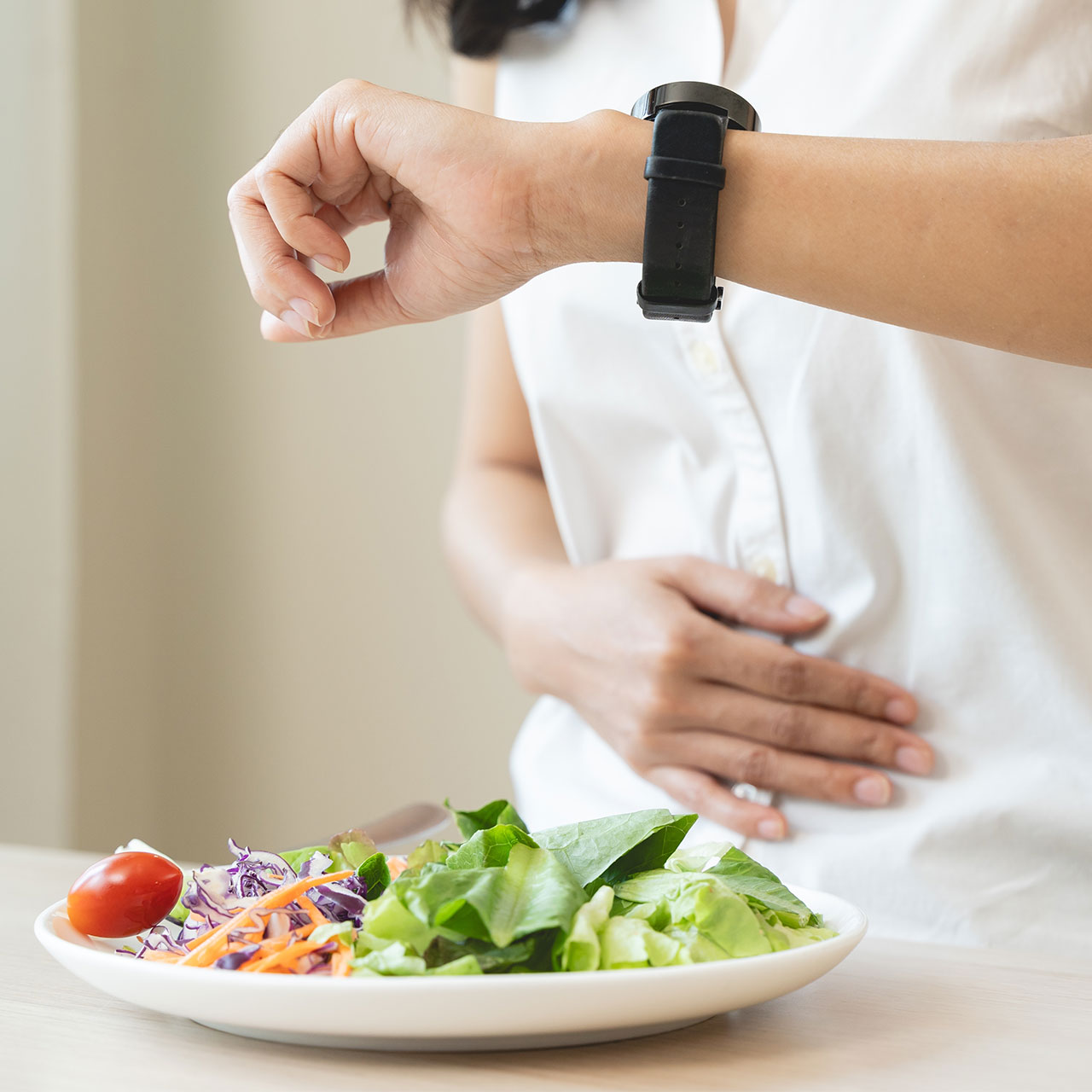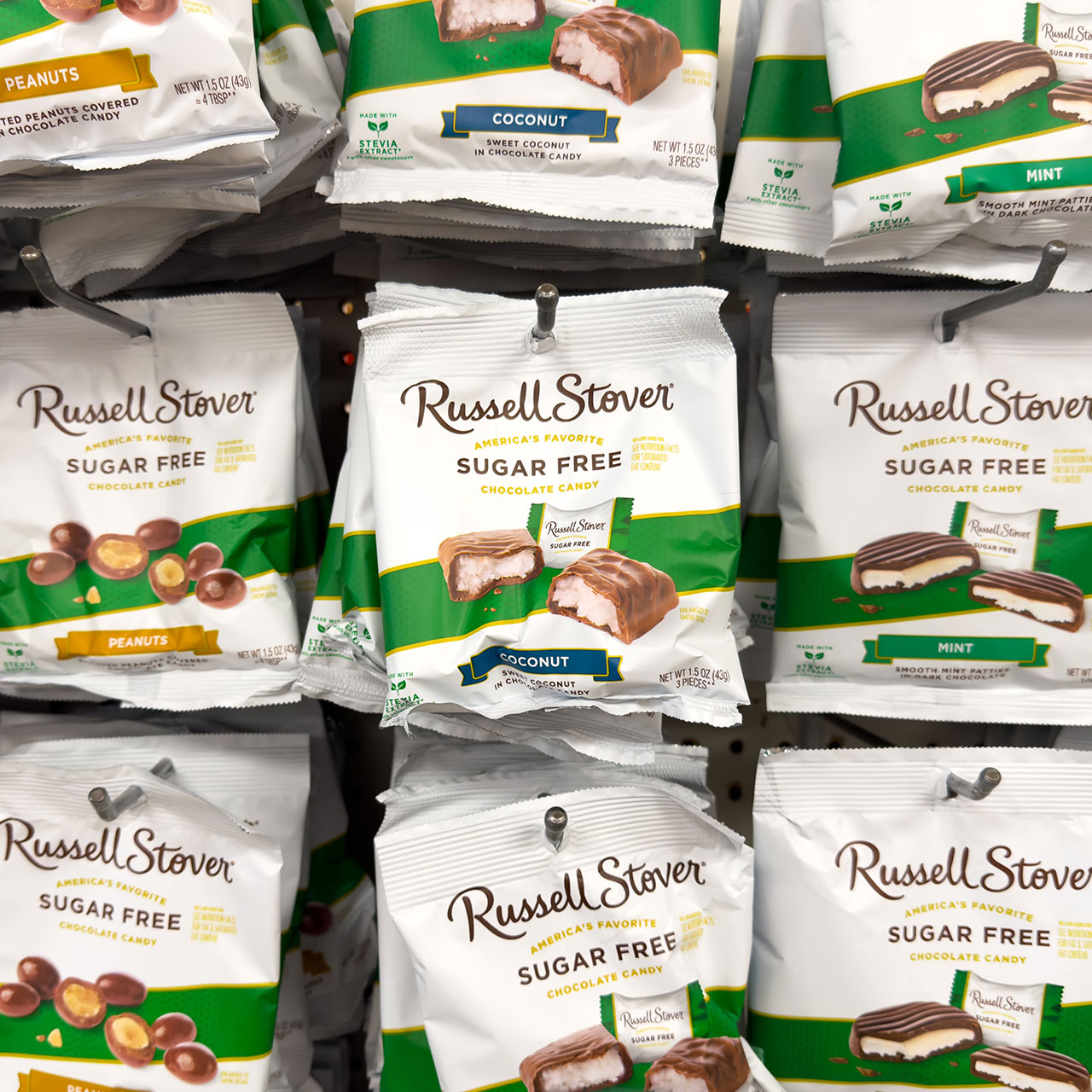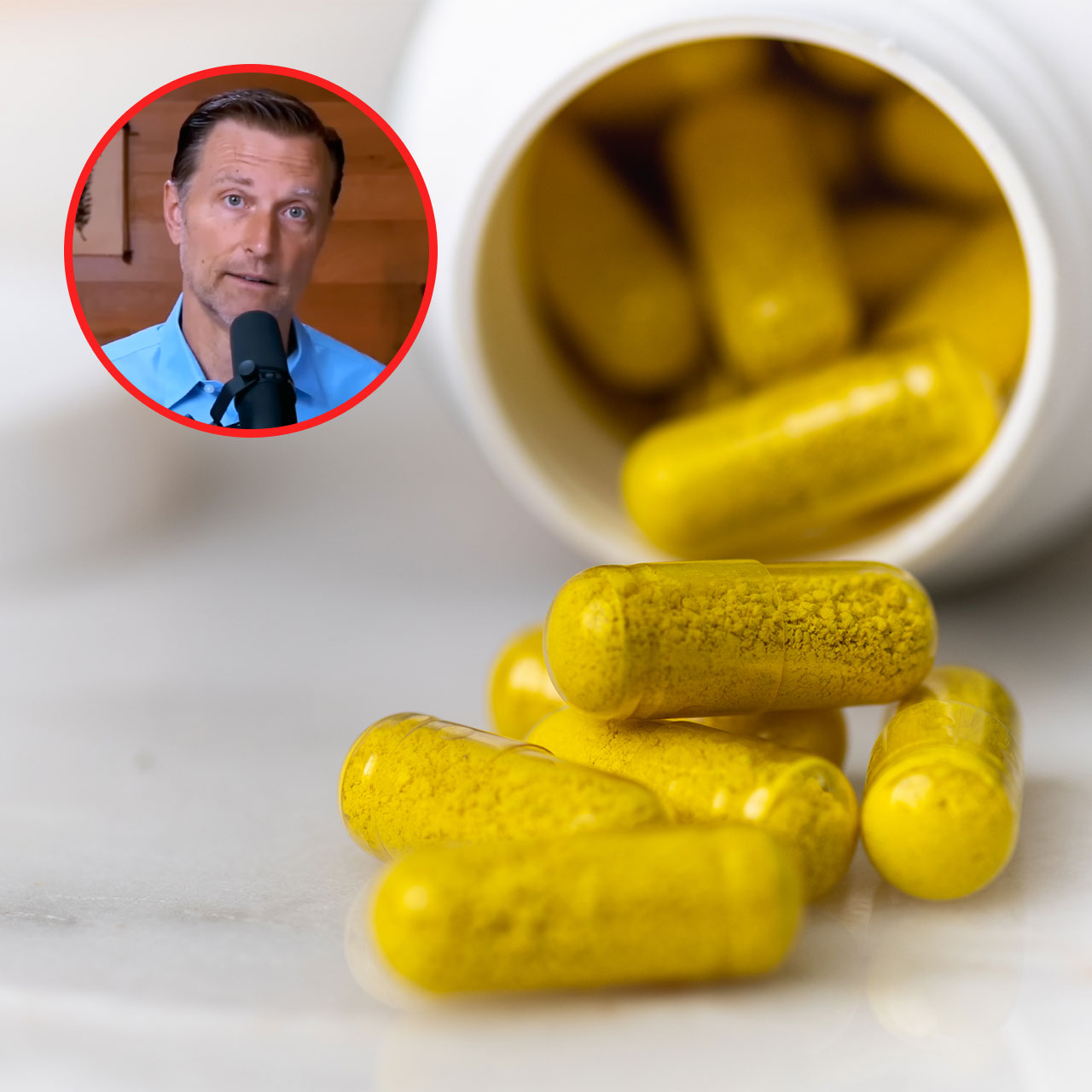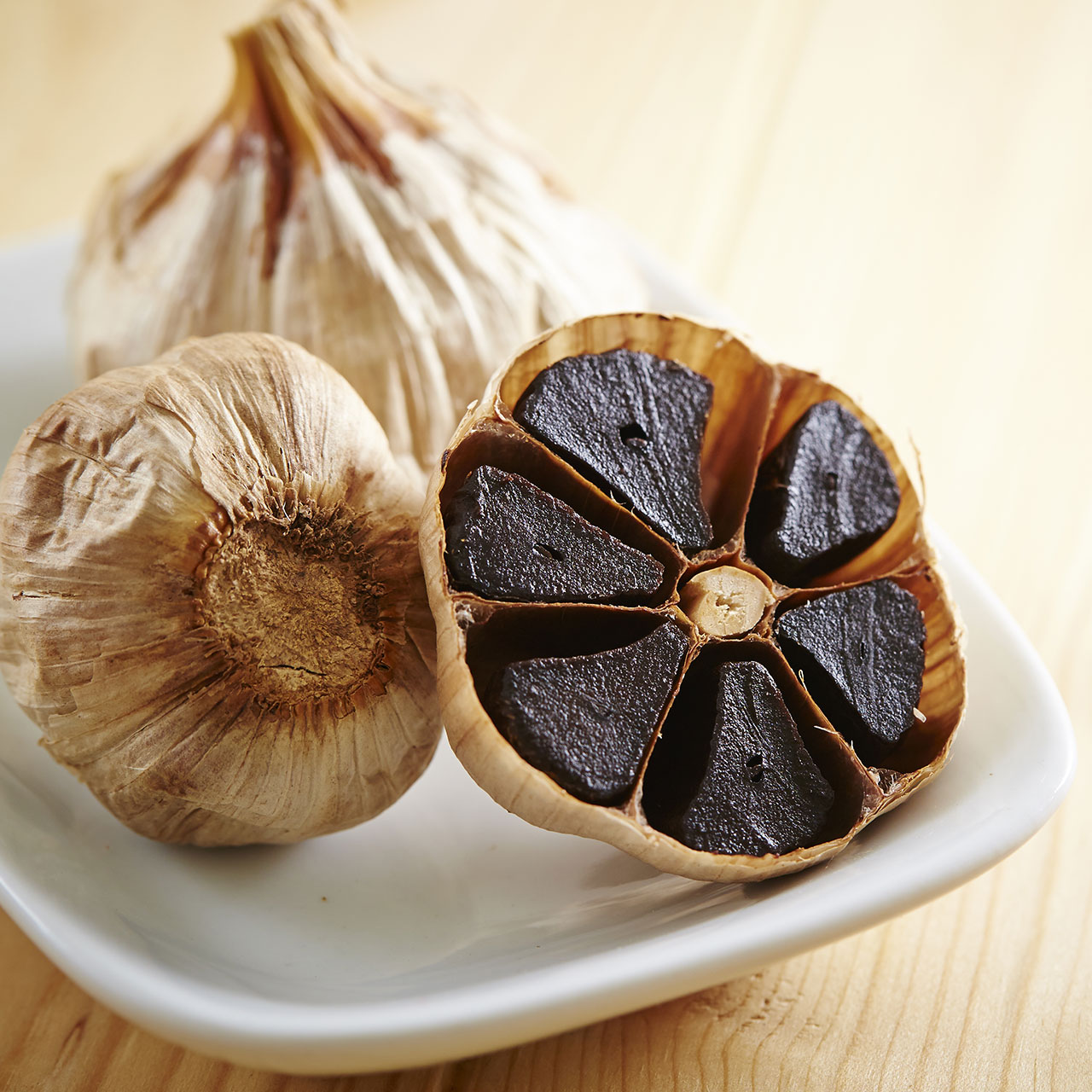Maintaining a healthy diet is crucial for supporting gut health, metabolism, and effective weight management. The gut, often referred to as the “second brain,” plays a significant role in overall health by aiding digestion, nutrient absorption, and immune function. A well-balanced diet rich in whole foods like fruits, vegetables, lean proteins, and whole grains can enhance gut flora, boost metabolic rate, and help regulate weight. Conversely, poor dietary choices can lead to imbalances in gut bacteria, slow metabolism, and contribute to weight gain, ultimately undermining overall health and well-being.
However, navigating the world of nutrition can be challenging, especially with the influx of products marketed as “healthy.” Many of these so-called health foods are deceptively detrimental, packed with hidden sugars, unhealthy fats, and artificial additives. Foods like granola bars, low-fat yogurts, and fruit juices often contain ingredients that can spike insulin levels, disrupt gut flora, and hinder metabolic processes. As experts Dr. Erik Natkin and Rimas Geiga, MD, emphasize, it is essential to scrutinize food labels and prioritize whole, minimally processed foods to truly support metabolic health, maintain a balanced gut microbiome, and achieve sustainable weight loss. They pointed us towards eleven deceptively unhealthy options you may want to steer clear of.


1. Granola Bars
Granola bars are a staple in many diets, especially for those on the go. However, Dr. Erik Natkin warns that "many granola bars are loaded with sugar and artificial ingredients." While they might provide a quick energy boost, the high sugar content can spike insulin levels and contribute to weight gain, among other health risks. Additionally, the artificial additives can disrupt gut flora, leading to digestive issues.

2. Agave Nectar
Agave nectar is often touted as a healthier sugar alternative due to its low glycemic index. Yet, according to Dr. Natkin, "it’s high in fructose, which can hinder metabolism and contribute to insulin resistance and fatty liver disease over time." The perceived health benefits may be overshadowed by its potential long-term impacts on metabolic health.

3. Low-Fat Yogurt
While low-fat yogurt may seem like a smart choice, it often contains added sugars to make up for the lost flavor, warns Dr. Natkin. "These excess sugars can lead to increased insulin production and interfere with gut health," he notes. Opting for plain, full-fat yogurt can be a better choice for maintaining a healthy gut. Greek yogurt, in particular, comes with myriad benefits, especially when it comes to gut health and weight loss.

4. Gluten-Free Snacks
Many people turn to gluten-free products thinking they are inherently healthier. However, Dr. Natkin points out that "many gluten-free products replace gluten with unhealthy alternatives like refined starches that can spike blood sugar levels and disrupt gut bacteria balance." This can lead to metabolic issues and weight gain. All in all, if you don't have a gluten allergy, it may not do you any good to go the gluten-free route.

5. Fruit Juice
Fruit juice is often considered a healthy beverage—after all, fruit is good for you! Unfortunately, though, it can be deceptive. "Fruit juice is high in fructose and lacks the dietary fiber found in whole fruits," explains Dr. Natkin. This can lead to rapid spikes in blood sugar and insulin, contributing to weight gain and poor gut health.

6. Smoothies
Commercially prepared smoothies might seem like a nutritious option, but, like fruit juice, they could come with many downsides due to the fact that they're often high in calories and sugars. "Ingredients like fruit juices, sweetened yogurt, and sorbet can pack a hefty caloric punch and overload your system with simple sugars," Dr. Natkin warns. This can cause metabolic imbalances and weight gain.

7. Artificial Sweeteners
Artificial sweeteners are commonly found in "diet" products, but they are not as harmless as they appear. As it turns out, they come with their own fair share of health risks. "Artificial sweeteners like aspartame and sucralose can disturb gut bacteria and cause glucose intolerance," says Dr. Natkin. This can impair metabolism and contribute to weight gain.

8. Protein Bars
While protein bars are marketed as a convenient source of nutrition, many contain sugar alcohols and artificial ingredients. "These can cause digestive distress and negatively impact gut health," cautions Dr. Natkin. Choosing whole food sources of lean protein is often a healthier option.

9. Vegetable Chips
Vegetable chips might seem like a better alternative to regular chips, but they are often fried and high in unhealthy fats and sodium. "These can contribute to bloating and disrupt metabolism," Dr. Natkin explains. It’s better to stick to raw or lightly steamed vegetables for a healthy snack.

10. Flavored Yogurt
Dr. Geiga highlights flavored yogurt as another culprit. "Flavored yogurts are typically laden with added sugars. These sugars spike insulin levels and disrupt gut bacteria," he says. For a healthier option, choose plain Greek yogurt and add fresh fruit for natural sweetness.

11. Protein Shakes
Protein shakes are popular for a quick meal or post-workout snack, but many commercial varieties are problematic. "Many commercial protein shakes are loaded with sugars and artificial ingredients," Dr. Geiga points out. This can disrupt metabolism and gut flora, leading to weight gain. Homemade shakes with natural protein sources are a better choice.

Bottom line
Despite being marketed as healthy options, many of the "better-for-you" foods on grocery store shelves can have hidden drawbacks that affect both metabolism and gut health. Always check labels carefully and prioritize whole, minimally processed foods for optimal health. As Dr. Natkin and Dr. Geiga suggest, being aware of what you consume and opting for natural, unprocessed alternatives can help maintain a healthy metabolism and gut.


























